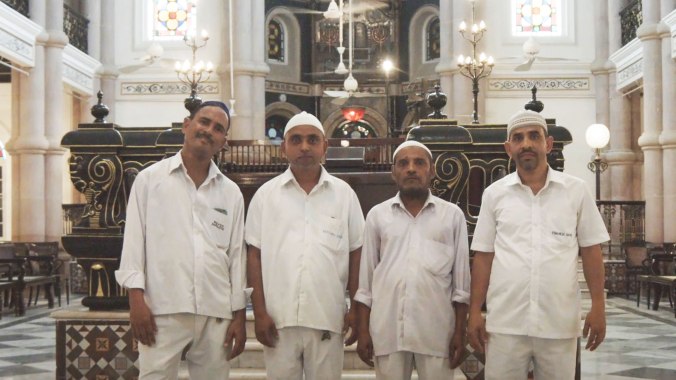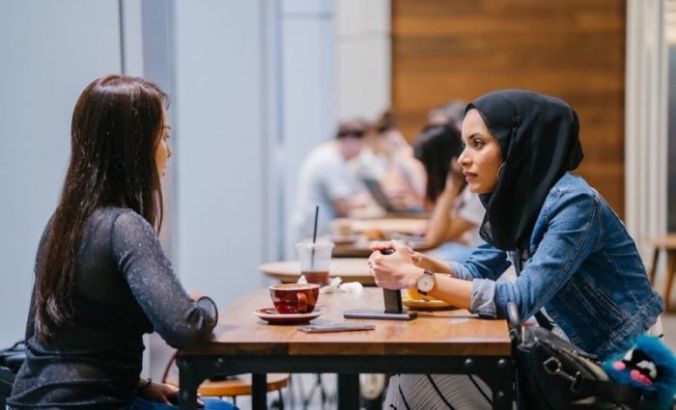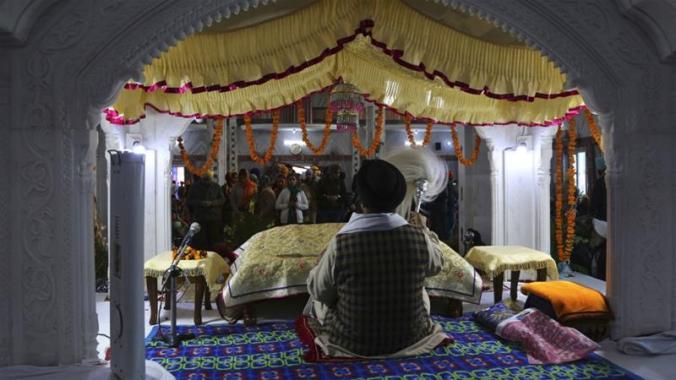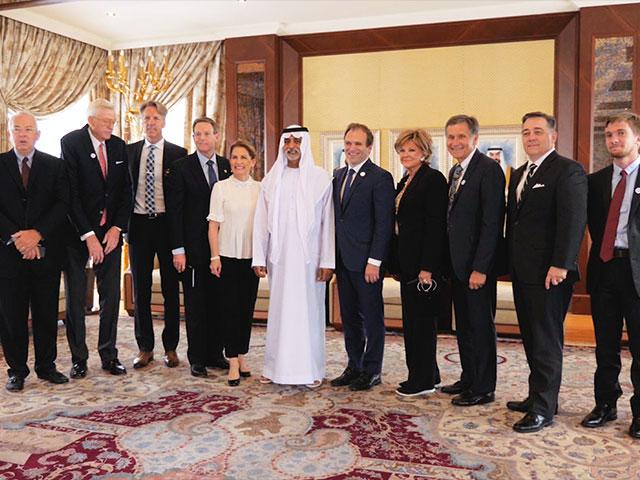 MORE THAN HALF a century ago the pews of Kolkata’s stately synagogues were filled with members of a thriving Indian Jewish community. Today, the congregants are missing—less than two dozen remain—but multiple generations of Muslim families continue to maintain the houses of worship.
MORE THAN HALF a century ago the pews of Kolkata’s stately synagogues were filled with members of a thriving Indian Jewish community. Today, the congregants are missing—less than two dozen remain—but multiple generations of Muslim families continue to maintain the houses of worship.
The first Jew to migrate to Kolkata was a Syrian jewel trader named Shalom Cohen in 1798. More followed, mainly from Iraq and Syria, opening businesses and exporting silk, indigo, and opium. In the mid- to late-1800s, synagogues were built to host the city’s 3,000 Jews. Famous movie stars and pageant queens came out of the minority group. Hybrid dishes were invented, blending Middle Eastern and Indian flavors. During World War II, Jews fleeing Europe sought refuge in Kolkata.
The synagogues host more tourists than congregants, yet caretakers still recall days when the prayer sections were full.
Before India gained independence from the British in 1947 there were nearly 5,000 Jews living in Kolkata. The community teemed with Jewish newspapers, schools, and businesses. But uncertainty about the country’s stability under the new government spurred an exodus from India. Many more left when Israel was founded, just one year later.

 Are we losing our religion? The answer for the UK seems to be “Yes”, while the answer for the developing world is a resounding “No”.
Are we losing our religion? The answer for the UK seems to be “Yes”, while the answer for the developing world is a resounding “No”. BANGKOK — It began with a political jest and culminated in a shocking prison sentence.
BANGKOK — It began with a political jest and culminated in a shocking prison sentence. BY DAVE PEROZEK,
BY DAVE PEROZEK,  Religious freedom must be for everyone, or we all suffer.
Religious freedom must be for everyone, or we all suffer. (RNS) — It began, as so many social justice movements these days do, on Twitter.
(RNS) — It began, as so many social justice movements these days do, on Twitter. Srinagar, Indian-administered Kashmir – When 18-year-old Kashmiri student Shadab Ahmad and his friends were attacked by a mob in the north Indian state of Haryana last week, they prepared for the worst.
Srinagar, Indian-administered Kashmir – When 18-year-old Kashmiri student Shadab Ahmad and his friends were attacked by a mob in the north Indian state of Haryana last week, they prepared for the worst. Rabat – Behind massive walls in
Rabat – Behind massive walls in  An estimated 180,000 people attended mass with the Pope in Abu Dhabi in a never-before-seen display of public Christian worship in the United Arab Emirates. Crowds gathered in the UAE’s Zayed Sports City Stadium to hear him just a day after he called on Christians and Muslim leaders to work together.
An estimated 180,000 people attended mass with the Pope in Abu Dhabi in a never-before-seen display of public Christian worship in the United Arab Emirates. Crowds gathered in the UAE’s Zayed Sports City Stadium to hear him just a day after he called on Christians and Muslim leaders to work together.
